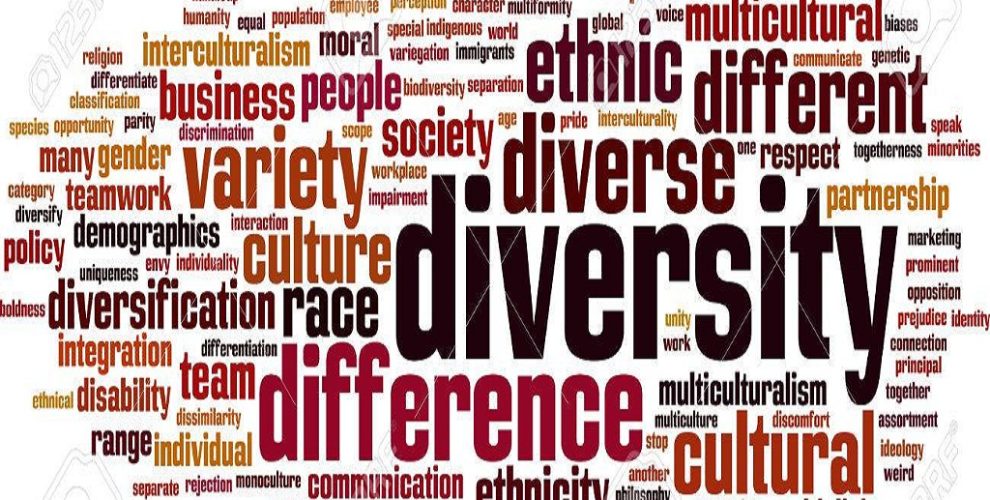Heritage and culture always play a critical role in shaping the overall personality and character of an individual. This is why, apart from regular education, exposure to the right cultural environment is also a must to groom kids into better human beings. However, introduction to one’s own culture might not always suffice the requirement of the present times. The cross country boundaries are shrinking every day, and the cultures are getting influenced through exchanges and social interactions. If you want your kid to be comprehensive enough of the liberal cultural environment consequent upon such lateral transactions, allowing him/her to embrace the virtues of cultural diversity would be the best way out. Without widening the horizons of cultural views and ideas, we cannot expect our kids to grow into humble, flexible, adaptable human beings tomorrow. Here are some of the facts that remain contextual and decisive when it comes to embracing a culturally diverse environment.
Promotes Free Mixing
Children with a broader view of cultures across the world would always be in a better position to cope with any situation and ambiance. The more liberal our children become through knowing the several cultures that have been the source of this vast diversity of civilizations, the better their adaptability skills would become. This way, they will learn to pay respect and equal weightage to faiths, beliefs, and opinions of others, which are no way similar to their own. This improves their free mixing skills and turns out to be a great advantage for them in their future professional lives.
Helps Fight Stereotypes
There are several prejudices and social stereotypes that still rule the social frame. No matter how advanced society has become in terms of science and technology, some preconceived ideas still restrict people from adopting a new idea with open hands. The existing social stereotypes and prejudices can be best dealt with an open-end approach of cross country cultural exchanges. This enables children to understand the bond between human beings regardless of the different cultures they belong to. Children thus grow into citizens of responsible behaviors and humanitarian traits.
Aids in Global Assimilation
When you set your mind free from age-long taboos and prejudices, you become a better person ready to mingle with every variety of people across the world. If the kids learn to accept cultural diversity at an early age, it helps them to cope with the ever-evolving global environment as well. A child with an open view for all the cultures is more likely to be successful in the future than those who fail to embrace diversity.
Improves Tolerance
The more children learn to accept other cultures along with their own, the higher becomes their tolerance. Being culturally tolerant is a virtue that is respected everywhere. It also allows the kids to step across the conventional thresholds and step into a world of more opportunities. These children excel in establishing a connection with every tier of society and remain equally embracing to individuals belonging to different communities.
Situation Handling
A young mind is tender and easy to be shaped. Hence, childhood is the right time to make the kids learn to think the right way. Cultural comprehension enables the kids to sharpen their understanding of other individuals which, in turn, help them to become compassionate and empathetic human beings in the future. They become more tolerant and adaptive in workplace environments.
At K.R. Mangalam World School, one among the leading CBSE schools in Delhi, we have always strived to achieve all-round development of our pupils and teaching them the significance of cultural assimilation is one of the crucial skills that we thus focus on. We have students from various cultural backgrounds, and we always try to promote free mixing amongst them. At KRMS, we observe festivals and occasions related to each culture to make the children aware of our rich cultural heritage and diversity. This helps in nurturing a sense of cultural diversity in children and aids their development into becoming more adaptive and empathetic human beings.



